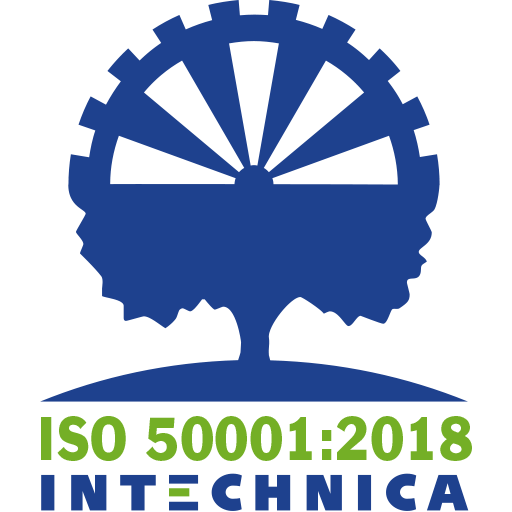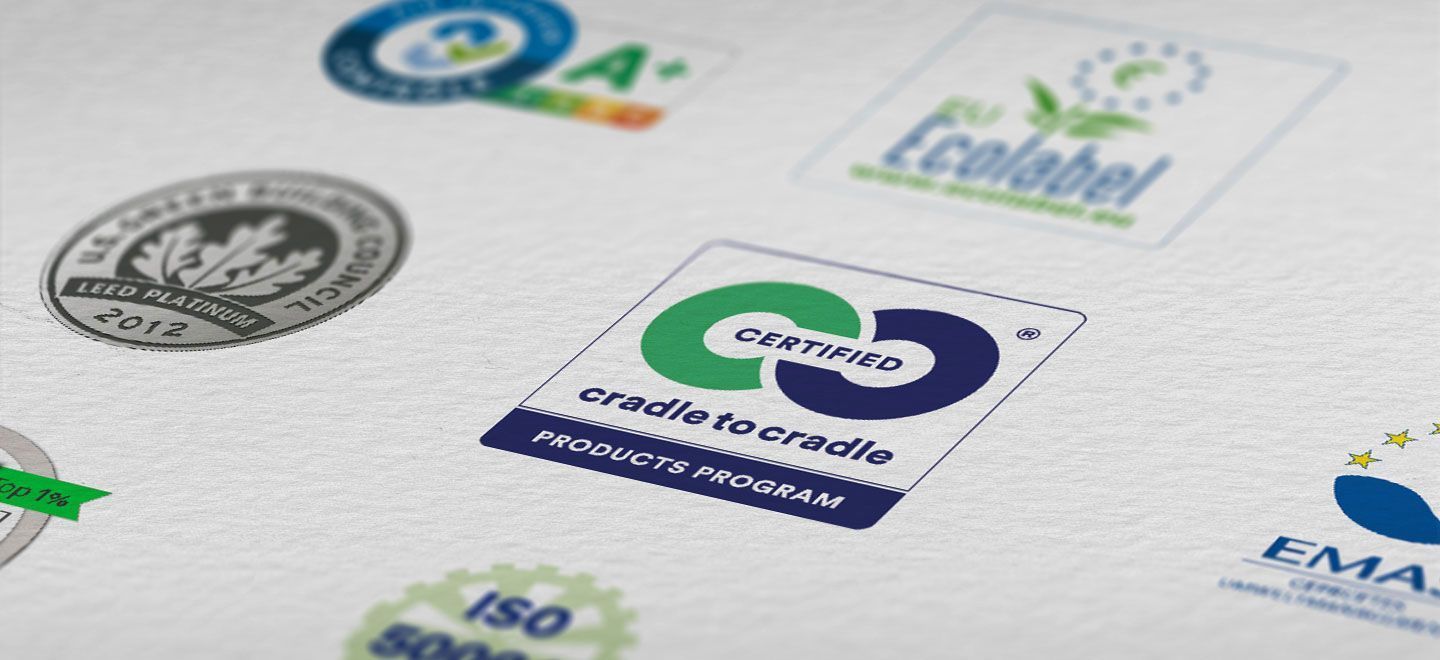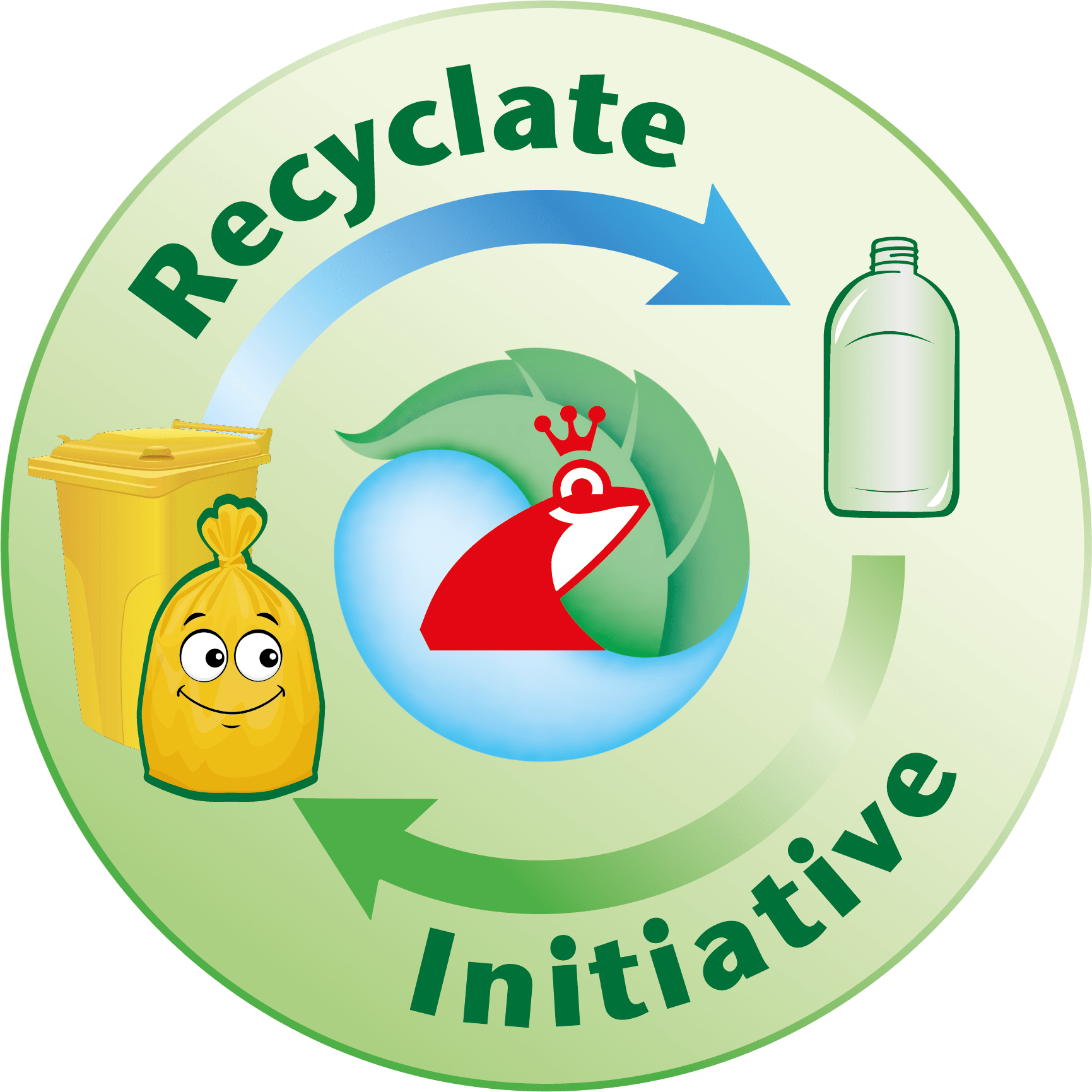Certificates:
Proof of our progress
Our Green Care Professional portfolio offers a broad assortment of certified products. For all areas of application we have products that have earned at least one certification. This fact distinguishes us from other manufacturers and makes clear that genuine sustainability has to be practiced in the entire company if it is to be credible. We are a pioneer in the industry with the most Cradle to Cradle® certified products and are proud that we have proof of the recyclability of our formulas and our packaging.
At our production sites in Mainz and Hallein, we implement the highest quality and environmental standards and see them reflected in our certifications.
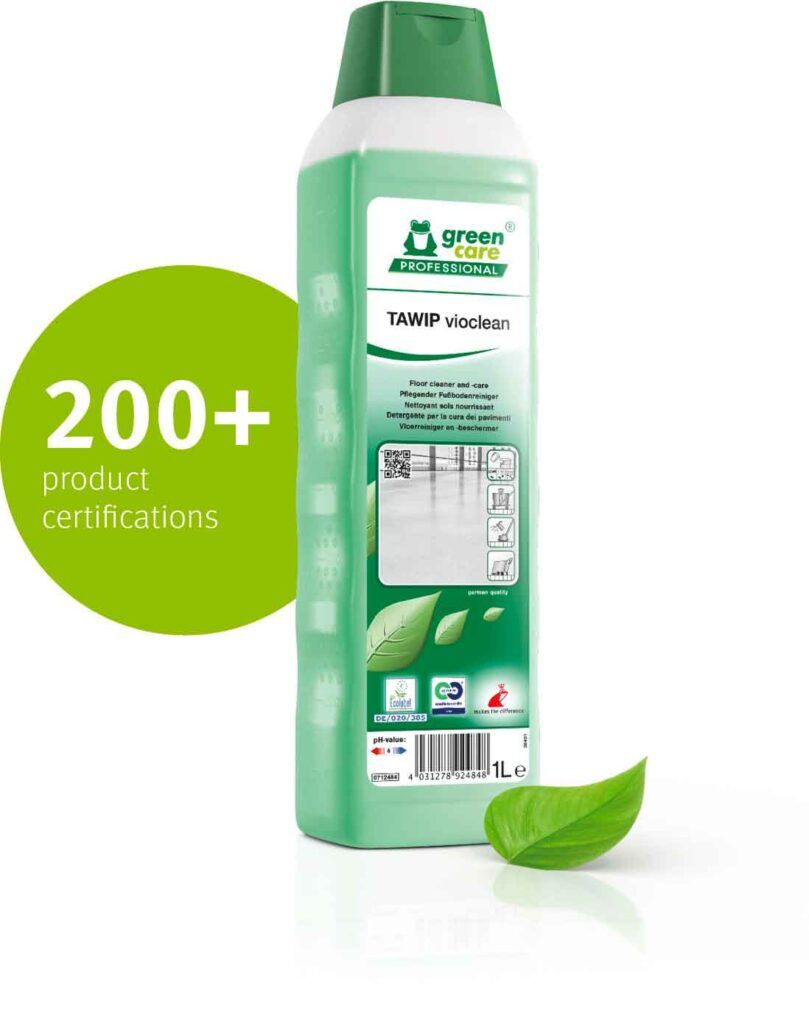
Holistic sustainability is multidimensional
Numerous aspects must be covered

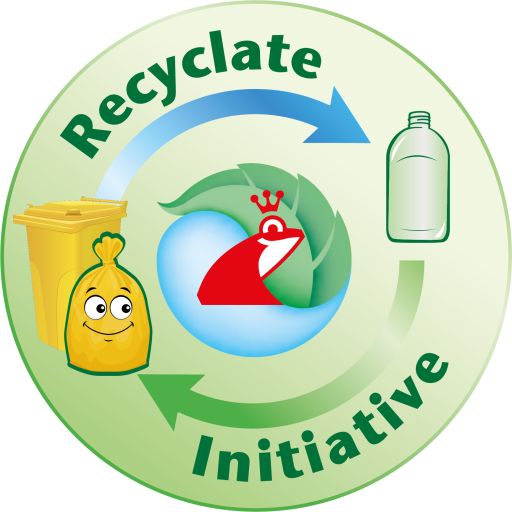

Product certifications
Cradle to Cradle
- Material health: All materials in the product should be harmless for humans and the environment.
- Product circularity: After use, the materials should be recycled or composted easily.
- Clean air and climate protection: The manufacturing process should have positive effects on air quality, the supply of renewable energies and the impact of greenhouse gases on the climate.
- Water and soil protection: Responsible handling of water and the soil eco systems is important for certification.
- Social responsibility: The manufacturer must comply with human rights laws and apply fair and just business practices.
Typ-I-Ecolabel
The Type-I-Ecolabel is an environmental label certified in accordance with criteria of ISO 14024 “Environmental Labels and Declarations – Type 1 Environmental Labelling – Principles and Procedures”. These Ecolabels are distinguished by their transparency and credibility as they are issued by an indepedent body. Type 1 environmental labelling therefore is an important and sufficient factor for many calls for tenders. Every Green Care Professional product receives a Type-1 environmental label (except for Biobact Scent). European Ecolabels concentrate on increasing eco efficiency. Ecolabel products are less environmentally harmful; however, products may still consume materials irreversibly and use fossil-based raw materials and energies.
In addition, the quality level of all awarded products is evened out because – without gradations in certification results – no further differentiation is made beyond the criteria. Some European countries may develop their own country-specific Type 1 environmental labelling based on the EU Ecolabel. Criteria may vary by region and focus, but may not be weaker than the EU Ecolabel requirements. Examples are the Blue Angel (Germany) and the Nordic Swan (northern European countries).
EU Ecolabel
The EU Ecolabel is valid throughout the European Union and is awarded by national certification bodies. It is issued by the EU for products and services. Among other things, the EU Ecolabel aims to limit hazardous ingredients, protect aquatic organisms, encourage use of degradable ingredients and reduce the use of plastic in packaging. Other EU Ecolabel criteria include sustainable procurement of palm and palm kernel oil derivatives, understandable instructions for use and proof of performance.
Nordic Swan
The Nordic Swan is the official Ecolabel for Nordic countries (Denmark, Finland, Iceland, Norway and Sweden). It is the toughest Type 1 Ecolabel in Europe. The Nordic Swan differs from the EU Ecolabel in that it has very strict limits for Volatile Organic Compounds (VOC), for toxicity to aquatic organisms, and for aerobic and anaerobic degradability. The Nordic Swan also demands sustainable procurement of palm oil, palm kernel oil and their derivatives. In addition, it excludes the use of dyes and skin sensitizing preservatives. Nordic Swan criteria for designing packaging for recycling are stricter too (e.g., labels have to pass a wash-off test).
Austrian Ecolabel
As the Austrian Ecolabel was specifically conceived for the Austrian market, it is particularly relevant and respected in that country. Unlike the EU Ecolabel, it does not allow any ready-to-use spray applications for all-purpose cleaners. However, the Austrian Ecolabel does certify floor care products.
Air Label A+
Air Label Score is the first international label that distinguishes products which guarantee high indoor air quality. The development is based on ISO 16000-3, ISO 16000-6 and ISO 16000-9, all of which relate to indoor air pollution. Every tested product is given a score of A+ (very low emissions) to C (high emissions) that reflect the toxicity risk from inhaling the detected pollutants. Green Care Professional offers a broad product portfolio with an A+ Air Label Score.
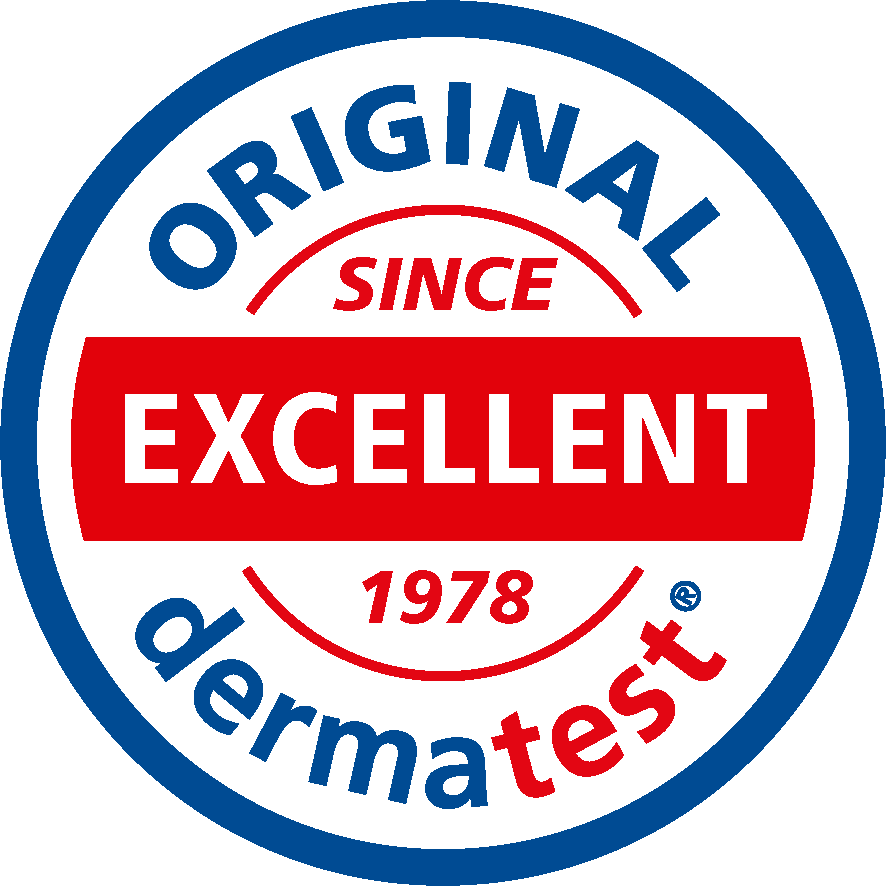
Dermatest
Packaging certifications
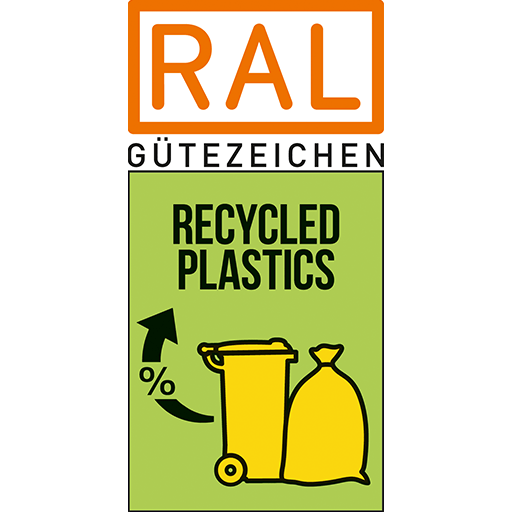
RAL Quality Mark Recycled Plastic
The “RAL Quality Mark Recycled Plastic” shows that plastic is obtained from household waste collections like the Yellow Bag. The quality requirements ensure that the origin of the plastic can be traced through every phase of the process. It is possible to see where the plastic comes from, starting with the sorting process in recycling facilities to the use of the recycled material in new products. The RAL Quality Mark indicates how much post-consumer recyclate (in percent) is used in all the primary packaging (e.g., bottle + cap + label). With the RAL Quality Mark, the packaging of the Green Care Professional range can verifiy its high recyclate share in the complete primary packaging.
Building certifications
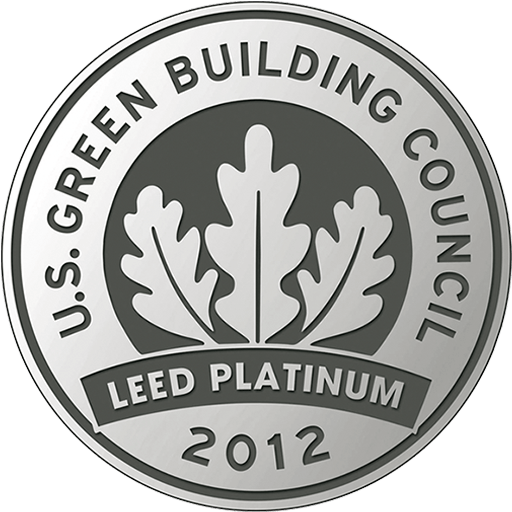
LEED
LEED, which stands for Leadership in Environmental & Energy Design, is a classification for high-quality ecological buildings. It is both a guideline and an incentive for the development and realization of sustainable construction projects. Developed by the U.S. Green Building Council (USGBC), LEED is considered one of the world’s most widely used certifications for green buildings. In 2012 the headquarters in Mainz was awarded LEED Platinum, the most demanding sustainability certification for buildings. The new construction was then Germany’s first industrial management building in the highest award class. Most impressive is the building’s energy efficiency. With wind power, photovoltaic cells and geothermal groundwater use, the building generates 20 percent more energy than it needs for ongoing operations.
Company certifications
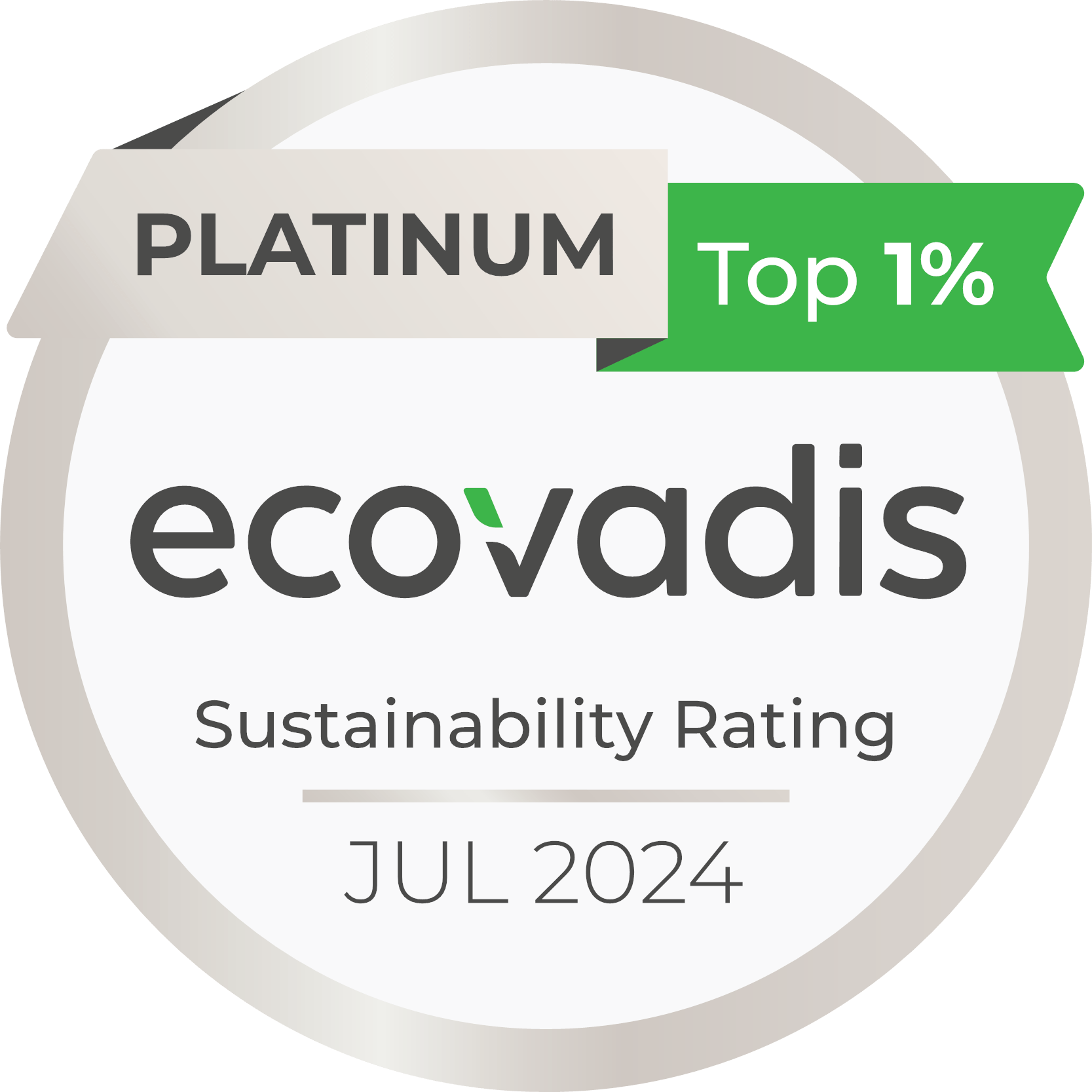
EcoVadis Platinum
EMAS
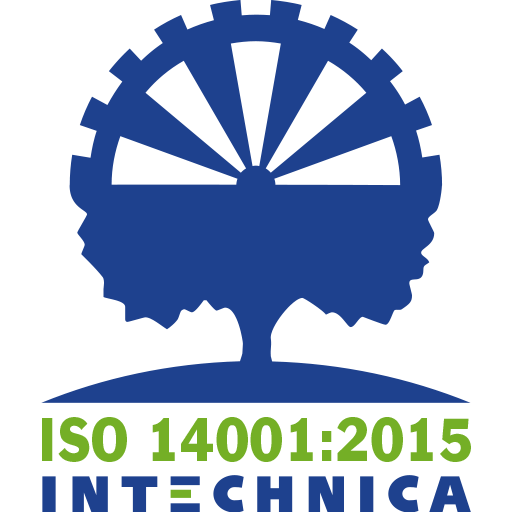
DIN ISO 14001
